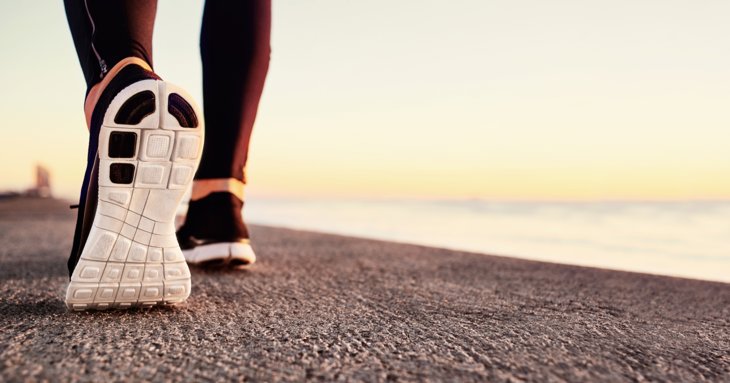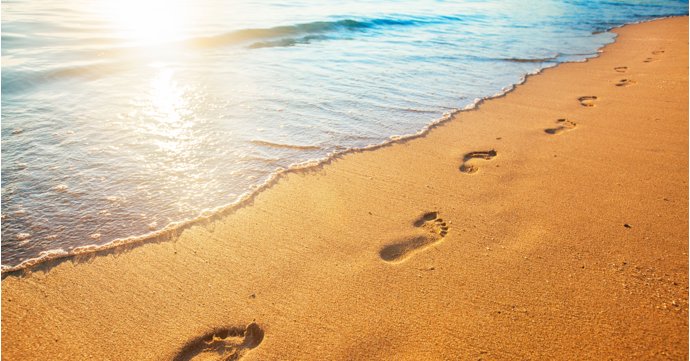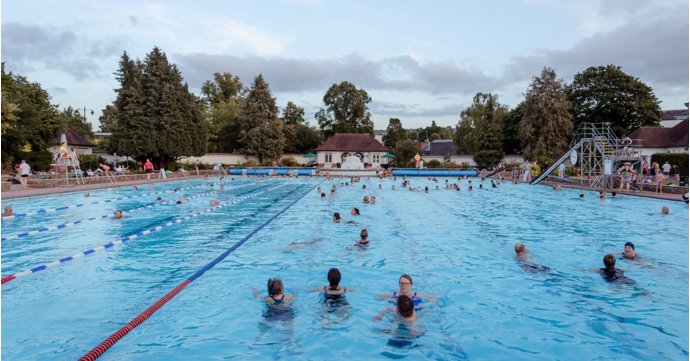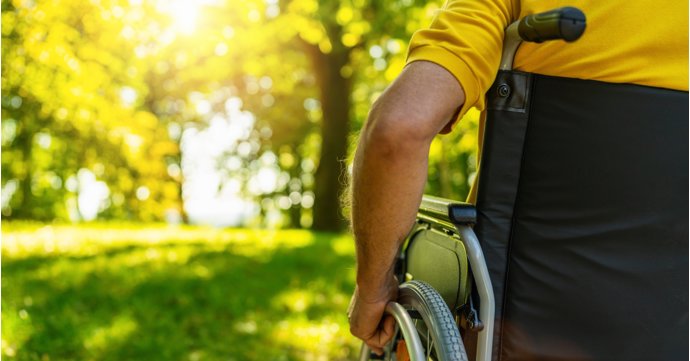Whilst not considered a serious threat to our health, there are many different causes of fungal nail infections, including diabetes and skin injuries, resulting in nails becoming thick, discoloured and likely to crack or break. Experts in the medical field estimate that onychomycosis (fungal nail infection) occurs in ten per cent of the population.
Lorraine Monck from Tewkesbury's ProPodiatry explains how the Gloucestershire foot health clinic uses Lanula Laser therapy to treat and cure pesky fungal nail infections.
About the expert - Lorraine Monck from ProPodiatry
Qualifying from The Birmingham School of Chiropody in 1984, Lorraine Monck initially worked for the NHS before going into private practice. Monck set up ProPodiatry seven years ago with two colleagues, but is now the sole owner, working with two associates, Liz Brown and Peter McQueen, providing specialist foot expertise to those in Gloucestershire.
For more information, visit propodiatry.co.uk
What is Lunula Laser therapy?
Lunula Laser therapy is a cold laser therapy that works by killing fungal infections in the nails and skin, while boosting blood flow and natural immunity, all without causing discomfort.
Who is the treatment suitable for?
The treatment is suitable for a wide range of people, including those with many medical conditions.
However, there are some conditions that would prevent us from carrying out this treatment, including a recent history of sunburn in the area, recent history of skin cancer, or history of keloid scarring.
We do not carry out this treatment on people who are immunosuppressed or pregnant, as it is less likely to be effective.
How will nails look after treatment?
Many patients will see a noticeable improvement in the appearance of their nails. If the nail is very badly damaged, it may never look completely normal, but it will be fungal free.
We advise self-management using an anti-fungal nail dropper or an anti-fungal treatment for the skin, a UV boot warming device and a box of Napisan for laundry. We provide a package of medicaments for all people undergoing Lunula Laser, and if any further medicaments are required, they can either be purchased from our clinic or we can direct clients on where to purchase these from.
We also advise avoiding swimming or soaking feet for prolonged periods until the nails have grown completely clear.
How safe is it and are there any risks that people should be aware of prior to treatment?
Lunula treatment is very safe, there is a mild risk of irritation to recent sunburn or keloid scarring.
How successful is the treatment and how many sessions are usually needed?
Clinical trials have indicated between 80% and 90% effectiveness from Lunula Laser after four sessions one week apart. However, the effectiveness usually hinges on the client's ability to stick to the self-management of the nails and skin in between sessions.
How much does it cost?
Lunula Laser costs £695, which covers four sessions of treatment of Lunula Laser (including shoe sterilisation in a Klenz machine); four review appointments and a package of medicaments, which includes an anti-fungal nail treatment, an anti-fungal skin treatment, a UV footwear warmer and Napisan for laundry.
How can people prevent further infections?
Maintaining good foot hygiene is always important. This includes wearing fresh socks daily; avoiding wearing the same pair of shoes two days running; washing socks, bed sheets, towels, bath mats etc. at 60 degrees and with Napisan or other cleansing detergent in the wash to help reduce the fungal load; avoiding shoes that are a poor fit as this can cause damage to the nails, which makes fungal infection more likely; and avoiding keeping feet wet for long periods of time.
It is also important to treat shoes on a regular basis to prevent reinfection, which involves using the boot warmer provided.


















